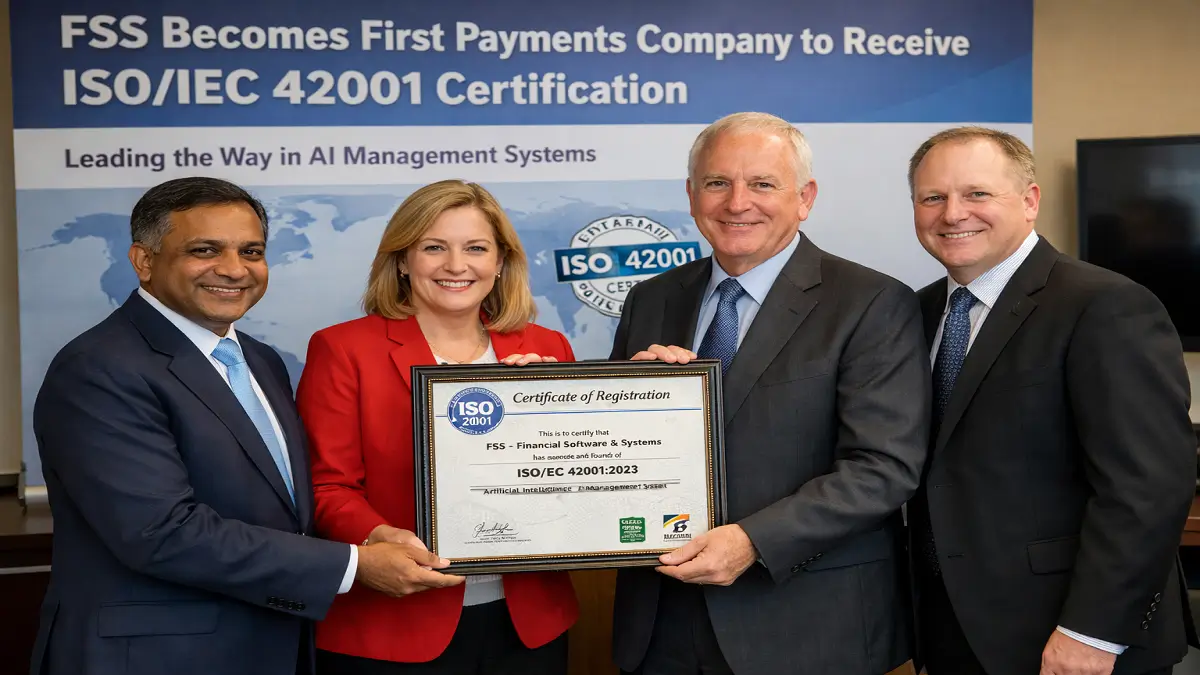Indian Army and IOCL Join Forces for Hydrogen Fuel Cell Bus Technology Trials
The Indian Army, in collaboration with Indian Oil Corporation Limited (IOCL), is set to embark on trials for hydrogen fuel cell bus technology. This groundbreaking initiative aims to explore sustainable and eco-friendly alternatives for transportation. The partnership between the military and a leading energy corporation underscores the nation’s commitment to innovation and environmental stewardship.
Introduction to Hydrogen Fuel Cell Bus Technology Hydrogen fuel cell technology presents a promising solution to combat climate change and reduce dependency on conventional fossil fuels. Unlike traditional vehicles powered by internal combustion engines, hydrogen fuel cell buses generate electricity through a chemical reaction between hydrogen and oxygen, emitting only water vapor as a byproduct. This revolutionary approach offers significant environmental benefits by eliminating harmful emissions and reducing carbon footprint.
Trials Conducted by Indian Army and IOCL The collaboration between the Indian Army and IOCL marks a significant milestone in the adoption of sustainable transportation solutions. The trials will involve testing hydrogen fuel cell buses in real-world conditions, assessing their performance, efficiency, and feasibility for widespread deployment. By leveraging the expertise of both parties, the initiative aims to accelerate the development and deployment of hydrogen fuel cell technology in the transportation sector.
Potential Implications for Government Exams For aspirants preparing for government exams, particularly those in the fields of technology, environment, and transportation, this news is of paramount importance. Understanding emerging technologies such as hydrogen fuel cells and their applications is crucial for staying abreast of current affairs and tackling questions related to sustainable development in competitive exams.
Conclusion The collaboration between the Indian Army and IOCL for hydrogen fuel cell bus technology trials exemplifies India’s commitment to innovation and sustainability. By embracing alternative energy solutions, the nation is poised to mitigate climate change, reduce pollution, and foster economic growth in the long run.

Why this News is Important:
Environmental Sustainability The partnership between the Indian Army and IOCL for hydrogen fuel cell bus technology trials underscores the importance of environmental sustainability in addressing the challenges of climate change and pollution.
Technological Innovation The adoption of hydrogen fuel cell technology represents a significant leap forward in technological innovation, offering a cleaner and more efficient alternative to traditional fossil fuels.
Government-Industry Collaboration The collaboration between a government institution like the Indian Army and a leading energy corporation like IOCL highlights the importance of public-private partnerships in driving innovation and sustainable development.
Strategic Implications The trials for hydrogen fuel cell buses have strategic implications for India’s energy security and independence, potentially reducing reliance on imported fossil fuels and enhancing domestic production capabilities.
Global Leadership By embracing cutting-edge technologies and promoting sustainable practices, India aims to position itself as a global leader in environmental stewardship and clean energy initiatives.
Historical Context:
Rise of Environmental Concerns In recent years, growing awareness of climate change and environmental degradation has prompted governments and industries worldwide to seek cleaner and more sustainable alternatives to traditional energy sources.
Technological Advancements Advancements in fuel cell technology, particularly hydrogen fuel cells, have accelerated in response to the urgent need for renewable energy solutions. Research and development efforts have focused on improving efficiency, reliability, and cost-effectiveness of fuel cell systems.
Government Initiatives Governments around the world have introduced various policies and incentives to promote the adoption of renewable energy technologies and reduce greenhouse gas emissions. These initiatives have spurred collaboration between public and private sectors to drive innovation and deployment of clean energy solutions.
Key Takeaways from “Indian Army and IOCL Join Forces for Hydrogen Fuel Cell Bus Technology Trials”:
| Serial Number | Key Takeaway |
|---|---|
| 1. | Collaboration between Indian Army and IOCL for hydrogen fuel cell bus trials. |
| 2. | Hydrogen fuel cell technology offers a sustainable alternative to traditional fossil fuels. |
| 3. | Trials aim to assess performance, efficiency, and feasibility of hydrogen fuel cell buses. |
| 4. | Significance for government exams in technology, environment, and transportation sectors. |
| 5. | India’s commitment to innovation, sustainability, and global leadership in clean energy initiatives. |
Important FAQs for Students from this News
What is hydrogen fuel cell technology?
Hydrogen fuel cell technology generates electricity through a chemical reaction between hydrogen and oxygen, emitting only water vapor as a byproduct. It offers a sustainable alternative to traditional fossil fuels.
Why are the Indian Army and IOCL collaborating on hydrogen fuel cell bus trials?
The collaboration aims to explore eco-friendly transportation solutions and assess the feasibility of hydrogen fuel cell buses for widespread deployment.
What are the environmental benefits of hydrogen fuel cell buses?
Hydrogen fuel cell buses produce zero emissions, helping to mitigate air pollution and reduce greenhouse gas emissions, thus contributing to environmental sustainability.
How do hydrogen fuel cell buses differ from traditional vehicles?
Unlike traditional vehicles powered by internal combustion engines, hydrogen fuel cell buses generate electricity through electrochemical reactions, resulting in cleaner and more efficient operation.
What are the strategic implications of adopting hydrogen fuel cell technology?
Adoption of hydrogen fuel cell technology could enhance energy security, reduce dependency on imported fossil fuels, and position India as a global leader in clean energy initiatives.
Some Important Current Affairs Links

















